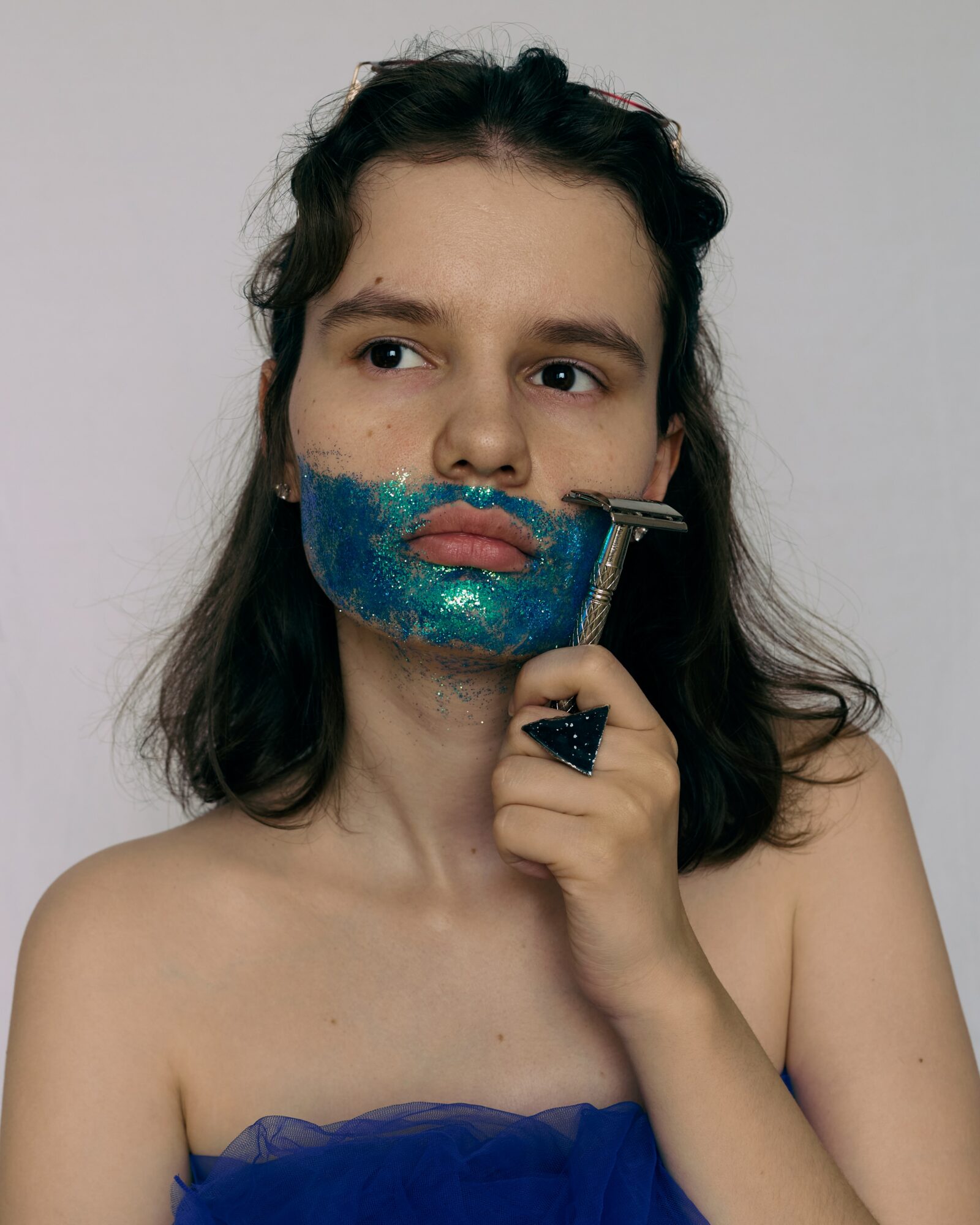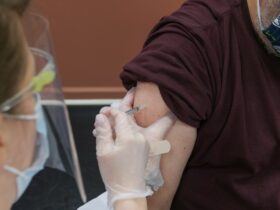If you are a woman with dark or coarse hair on your body, you might have hirsutism. Hirsutism is a medical condition that causes body and face hair growth in women in a male-like pattern.
Here are the usual places where the hair grows excessively:
- face
- arms
- back
- chest
The reason why some women have this condition has something to do with male hormones. The hormones affecting hair growth are androgens and testosterone. Usually, a woman has a low level of male hormones. To not be confused with hypertrichosis, a condition that causes the hair to grow anywhere on the body.
Hirsutism is more common in the Mediterranean, South Asia, and Middle Eastern. The hairy woman condition is also a genetic disease that can pass from the mother to the fetus. It usually runs in the family and affects 5-10% of women, according to NCBI.
Although hirsutism is not a dangerous disease, hormonal imbalance is a red flag. If you suffer from hirsutism, check in with your doctor to prevent other health issues. Hormonal imbalances can cause other conditions that lead to feelings of self-consciousness, such as weight gain.
Causes
Besides a higher level of androgens, polycystic ovarian syndrome (PCOS) is another common cause of hirsutism. Signs and symptoms include:
- severe acne
- overweight
- fatigue
- mood changes
- infertility
- pelvic pain
- headaches
- sleep problems
Adrenal gland disorders also mess with hair growth, such as adrenal cancer, adrenal tumours, congenital adrenal hyperplasia and Cushing’s disease. Here are the general symptoms:
- high blood pressure
- bone and muscle weakness
- excess weight in the upper body
- headaches
- high or low blood sugar levels
Some medications can cause hair growth, such as minoxidil, anabolic steroids, testosterone and cyclosporine. However, sometimes the doctors can’t find a reason for this condition. Remember, hirsutism can also be a chronic condition.
Treatment
Obesity affects the way our bodies produces and processes hormones. If you are overweight, your doctor might encourage you to lose weight before starting any treatment. By losing weight, you will help balance the hormones without medication. However, it might not work in all cases.
If you suffer from PCOS or adrenal disorders, your doctor will prescribe you medication. The treatment can be medical or nonmedical:
- antiandrogen medications
- combination birth control pills
- cream eflornithine (read the side effects before using)
- hair removal techniques: waxing, shaving, and depilatories
- laser hair removal
- electrolysis: removing hair with electric current
However, getting rid of the dark, coarse hair might turn out to be more complicated than normal hair. Although the nonmedical treatment is more affordable and has minimal side effects, don’t be scared to check in with your doctor if you struggle with hirsutism. There is no reason to be ashamed of this condition.
Conclusion
Most women are self-conscious about the extra body and facial hair. Although it is more challenging to treat hirsutism, keeping the hair growth under control is not impossible. Hormonal management usually works; however, your hair will start growing again once your levels are high. If you feel down or depressed about this condition, don’t hesitate to ask for professional help. Family or friends are also great support.
In some cases, hirsutism can be entirely treated with laser hair removal or electrolysis. However, these methods are more expensive and cause pain. Even if you choose one of these methods, it doesn’t necessarily mean the results will be permanent. If the cause of this condition is PCOS or adrenal gland disorders, you will more than likely need lifelong treatment.
Consult with your doctor to find the best way to keep the hair growth under control. Also, think about which method makes you feel comfortable. Last but not least, don’t let a condition define you.























Leave a Reply